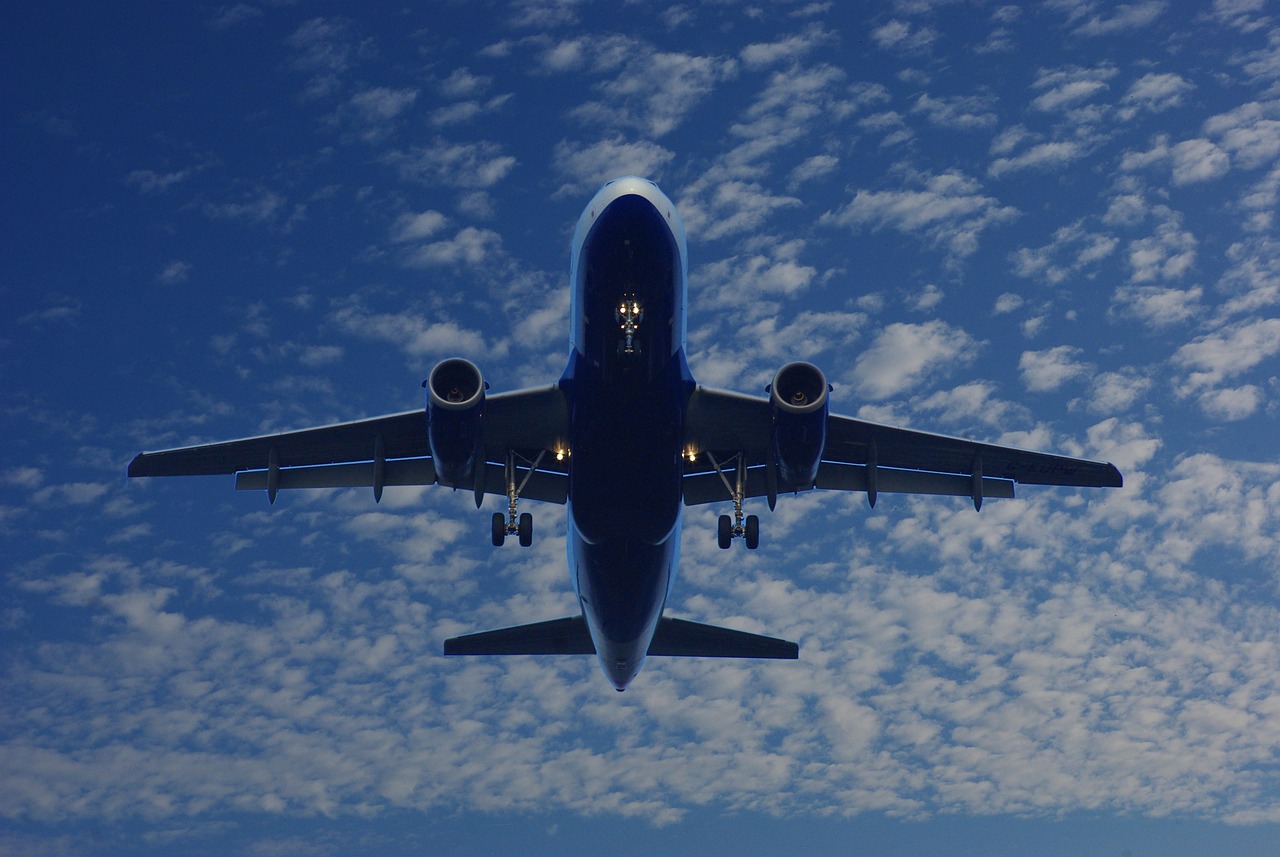Airline pilot interviews differ from standard interviews. Experienced flight professionals explain how structured preparation, mock technical scenarios, and behavioral coaching increase confidence and improve success rates, especially for military aviators entering the commercial sector.

Airline selection boards differ from standard job interviews because they imitate cockpit decision-making in a conversational setting. As a candidate, you must demonstrate situational awareness and communication that align with best practices, not always an easy task.
Emerald Coast Interview Consulting, a specialist in preparing pilots for interviews, notes that panels listen for the same threat–error management logic you use in the cockpit. Their captains advise framing each answer as a brief to the first officer rather than a personal sales pitch.
A 2023 review by the Air Line Pilots Association found that 61% of candidates who didn’t make the cut struggled with behavioural questions—even though they met all the flight-time requirements. And with Boeing predicting the need for 649,000 new airline pilots by 2043, the race for flight-deck jobs is heating up fast.
Research from Purdue University finds that candidates using the STAR format achieve higher evaluator ratings because concrete actions and outcomes are easier to picture. Emerald Coast experts recommend selecting five varied flight scenarios and practising them aloud until timing feels natural.
“Translate sortie leadership into passenger-safety language and recruiters immediately understand your value,” observes an Emerald Coast instructor who flew both F-18s and A320s. "Pair each military example with a civilian regulation or crew-resource principle to bridge terminology gaps."
Airline captains also advise candidates to rehearse in uniform, seated at a desk with camera on, to mirror the virtual panels used by many carriers. You are also recommended to start preparation at least eight weeks in advance, which helps to consolidate recall and lowers cortisol spikes during high-stakes evaluations.
Listen fully before answering, and maintain eye contact with the questioner while including every panel member in your response. Calm pacing and a brief pause before answering signal the kind of discipline that’s highly valued in flight operations.
Given the unique nature of pilot interviews, seeking specialist assistance with preparation can make a huge difference, Emerald Coast Interview Consulting explains. Such services allow you to work with experienced captains who have sat on the other side of the table, so they know exactly what answers will fly, and which ones will crash and burn.
